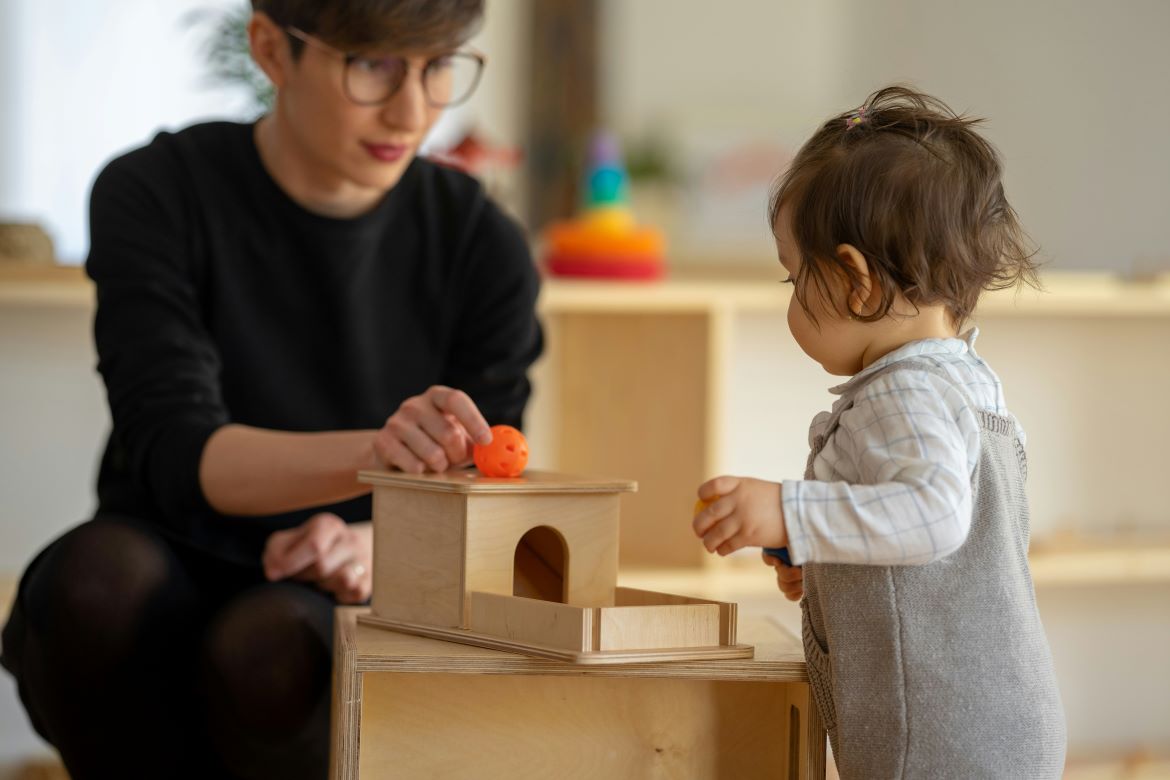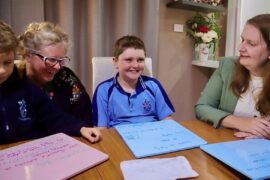The journey of parenthood is filled with joy, challenges, and countless moments that shape not only the life of your child but also your own. In this journey, the first is understanding and fulfilling your child’s needs.
Development in childhood emerges with needs that go beyond the basics of food, sleep, and shelter; it involves a deeper understanding of their emotional, psychological, and physical development.
Your little one is a tiny, curious explorer navigating a world full of new experiences, sensations, and emotions. These stages of development carry unique milestones and challenges, and being alert to these changes is crucial for providing the proper support.
Parents are also responsible for looking after their little ones’ emotional well-being. Emotions are just like a colour-filled pallet, and they must recognise and respond to them.
From the giggles of joy to the quiet moments of reflection, understanding their emotional needs is crucial to fostering a secure, nurturing environment. Recognising and responding to your child’s emotional well-being lays the foundation for trust and connection.
In understanding and supporting your child, you must also encourage your little one to be independent. Fostering independence allows children to develop crucial life skills and confidence. Independence doesn’t mean leaving them alone but rather empowering them to take those tiny steps towards self-discovery.
As a parent, you must recognise that every child has their own needs, dreams, and quirks. So, let’s embark on this journey together, exploring the intricacies of development in childhood, tending to emotional needs, and guiding our little ones toward independence.
What are some good ways to observe your child’s needs?
Anecdotal records
Keeping anecdotal records of your child’s moods and behaviours allows you to observe their needs over time. These are records of observations that you have made about your child after the event or behaviour has already been observed and occurred.
Anecdotal records help keep track of your child’s behaviours, skills, needs, developmental milestones, and interests daily as your child grows.
These anecdotal records inform parents and educators about the child’s progress, help plan their learning activities, find out where they are lacking, and keep track of their growth.
Keeping a story diary
You can also start by keeping a story diary. This is a way of writing down your observations like a story in a diary. This type of observation record helps create an informative rundown of the observations made during the day.
Jotting record notes
Another simple and quick way is jotting down notes from your records. These brief notes on your child’s progress keep records short and sweet, with only the most important information written down.
Sociograms
Sociograms are diagrams of your child’s social interactions with friends, family, and other children.
They are more commonly used with older children but can be used to track your child’s development into the social world during the toddler stage. This is an excellent way to understand the way you interact with other children and observe their behaviour in a social setting.
Running records
Running records record everything your child says and does and for how long during the work day. Reviewing these records allows you to observe how your child thinks, behaves, and concentrates in a realistic sense.











